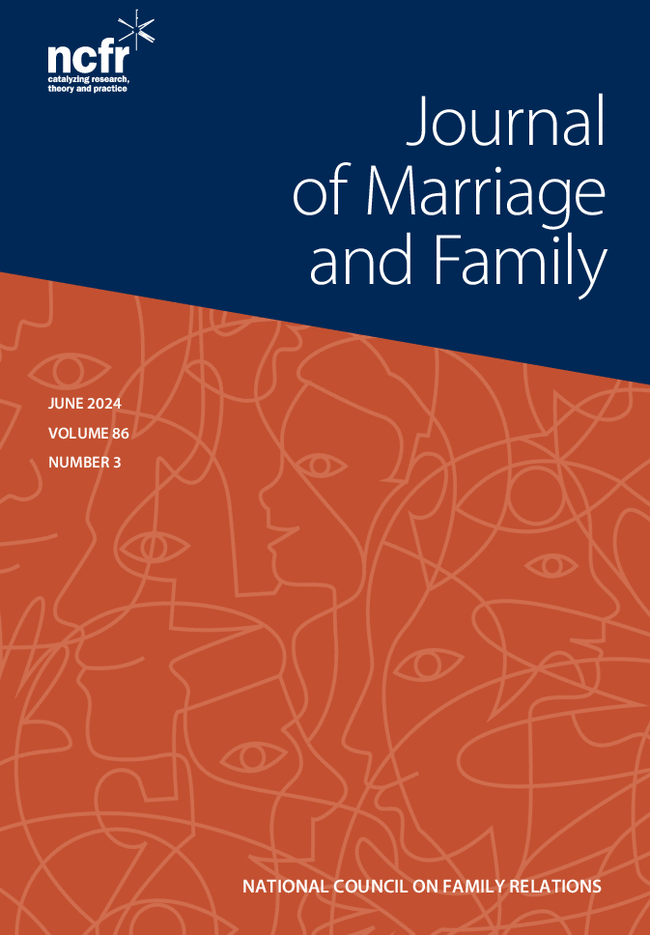Feeling wronged versus pressing on: Unearthing the tensions of Appalachian fatherhood
Abstract
Objective
This study explores the lived experiences of fathers who live and parent in Appalachia, a region and identity that is often stereotyped and marginalized.
Background
Though research on fathering and fatherhood has grown significantly over the past several decades, a persistent emphasis involves father involvement and its relationship to child outcomes. Far fewer studies have explored the intrapersonal processes of fatherhood, such as what it means to be a father in diverse contexts. Rural contexts, specifically within Appalachia, remain understudied and offer opportunities for exploring the negotiation of fathering identities.
Method
Using interpretive phenomenological analysis, we conducted in-depth interviews with 11 Appalachian fathers about their lived experiences.
Results
We identified two central tensions experienced by Appalachian fathers: (a) preserving tradition versus adapting to change, and (b) feeling wronged versus pressing on. Appalachian fathers negotiated identities against the backdrop of historical hardship and exploitation, which threatened their internal sense of agency and contributed to their feeling left behind in a changing world. However, their narratives also embodied a spirit of perseverance and illustrated the ways in which they actively negotiated their sense of self despite navigating constraining forces.
Conclusion
Appalachian fathers' positioning at the intersection of privileged and marginalized identities has implications for their lived experiences and ability to express themselves. This study aims to humanize a historically stereotyped group of fathers.

 求助内容:
求助内容: 应助结果提醒方式:
应助结果提醒方式:


